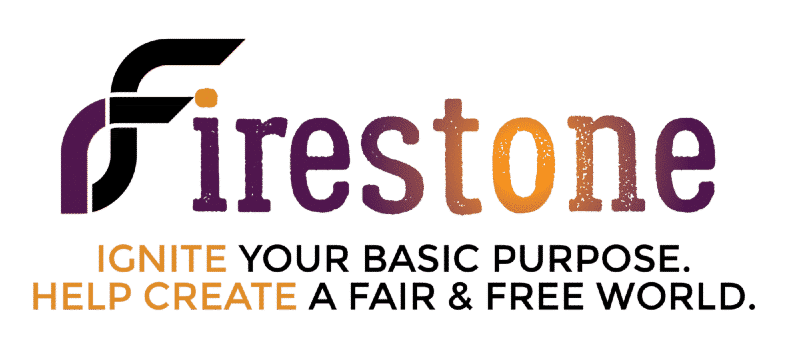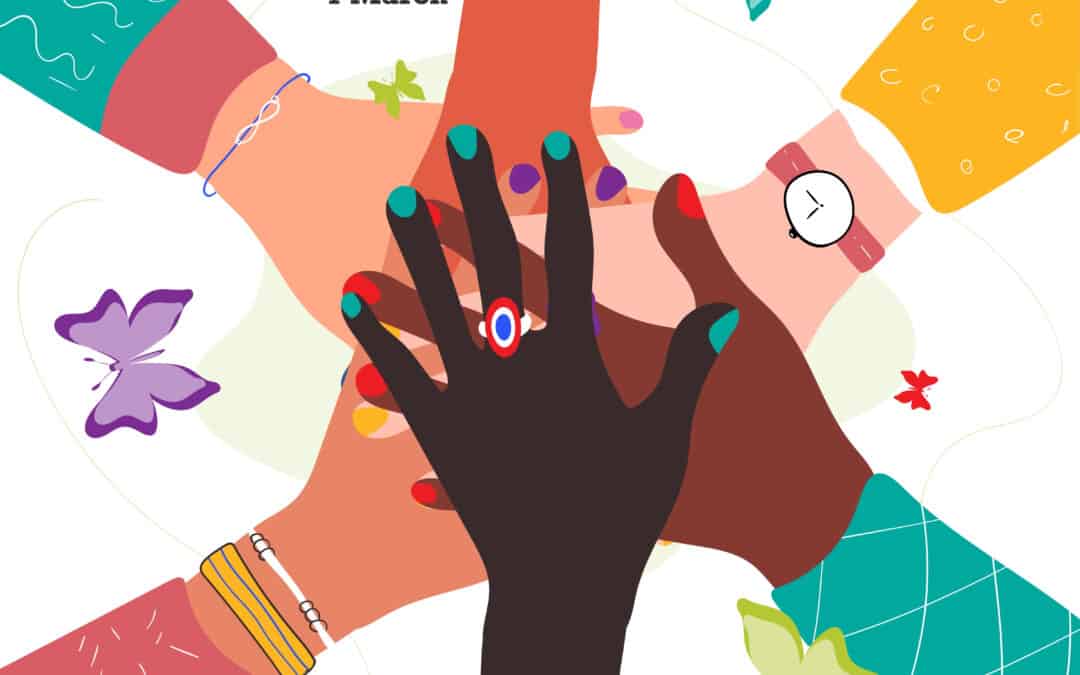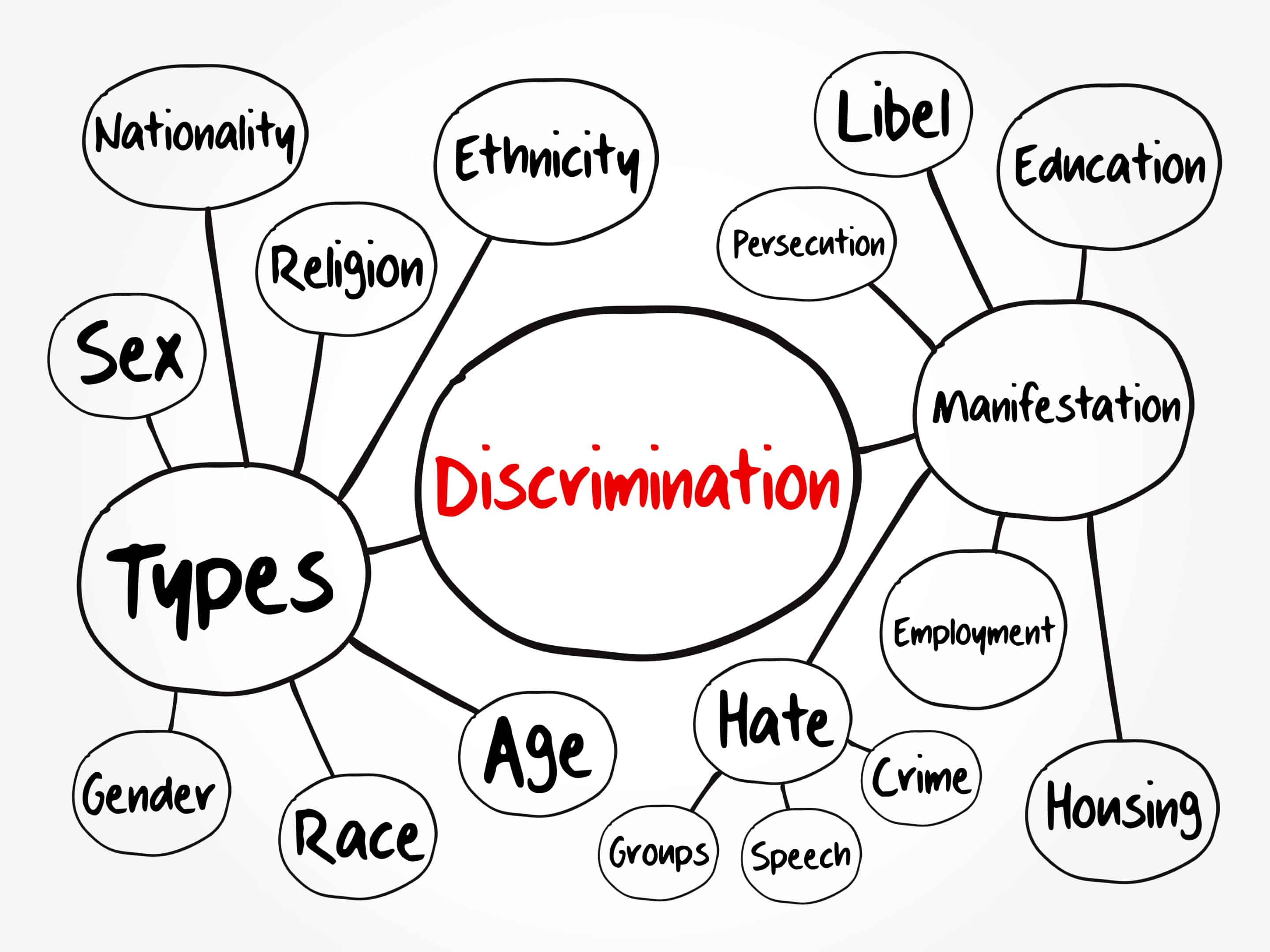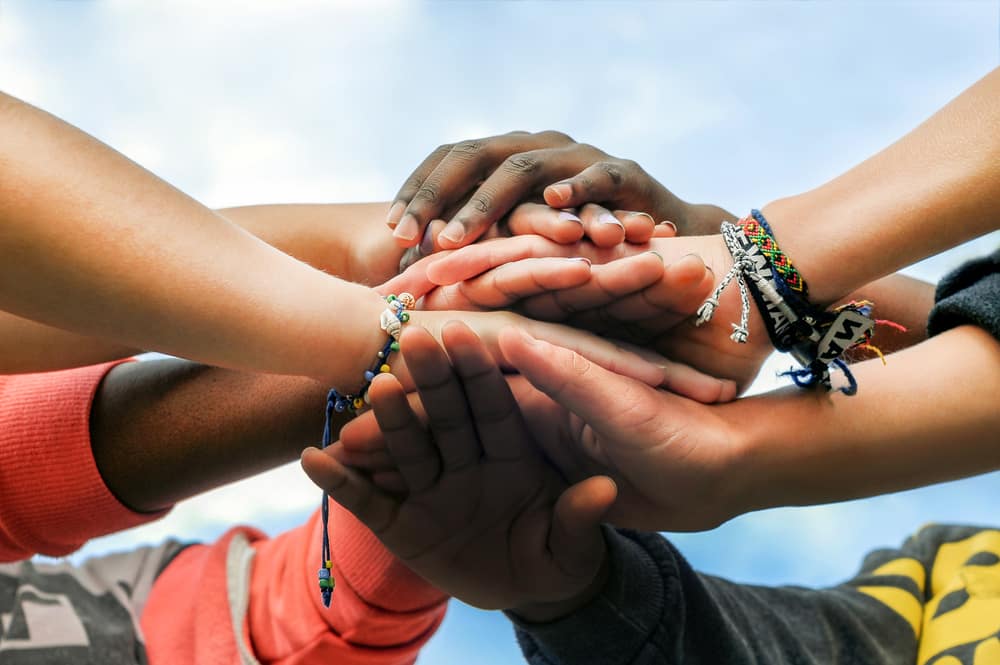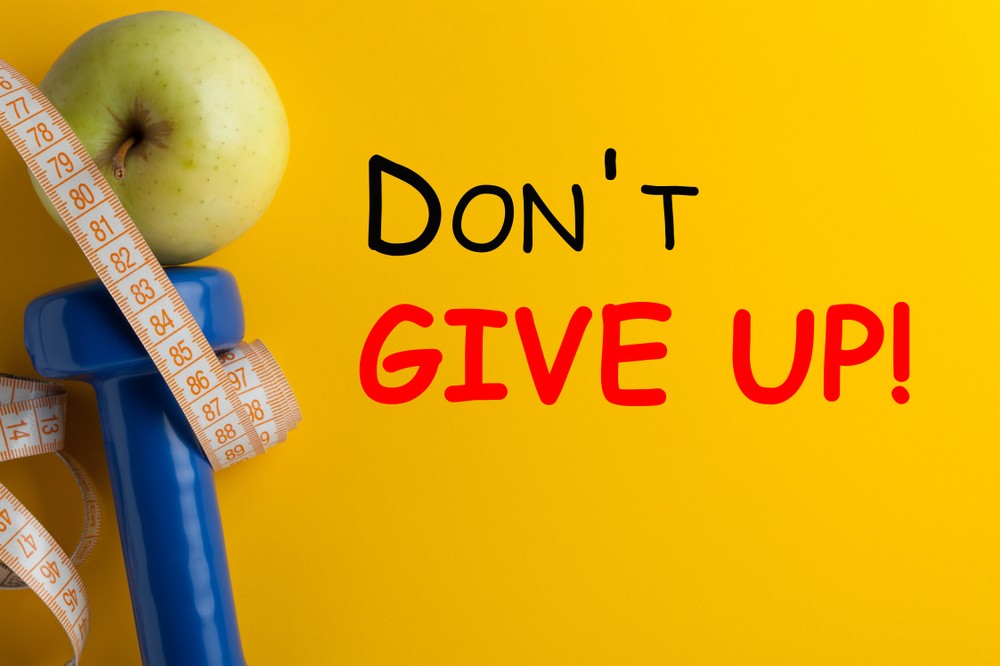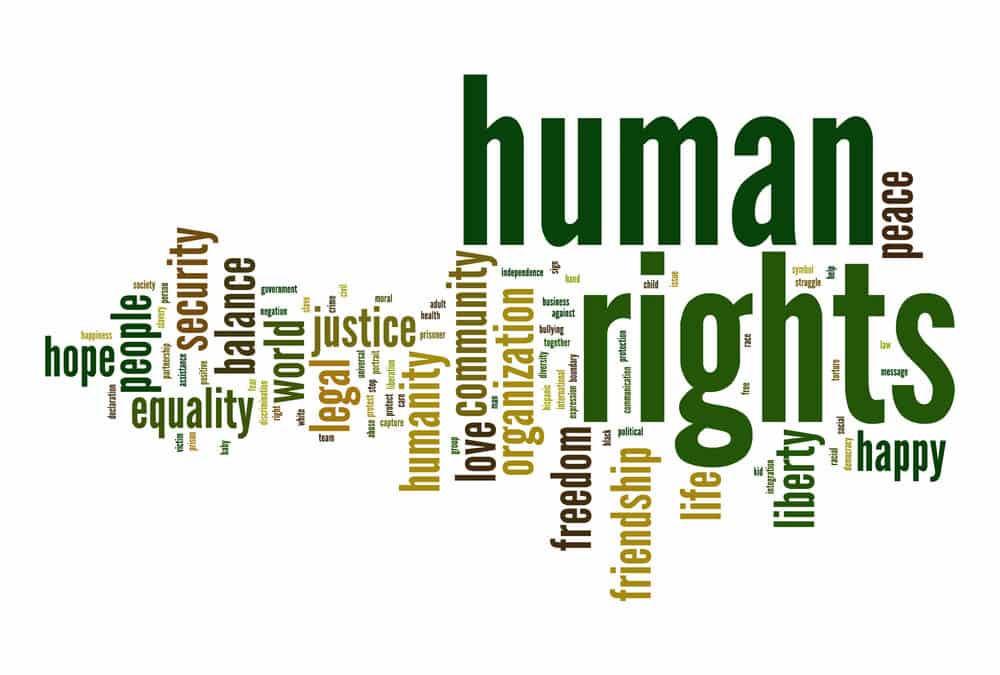
Right to Life, Liberty, and Security of Person
The Universal Declaration of Human Rights (UDHR) contains 30 separate articles each addressing a specific right. This blog will focus on Article 3 which reads: “Everyone has the right to life, liberty, and security of person.”
Current events would make it seem like this right does not exist at all, especially for civilians in Ukraine. The truth is this human right belongs to everyone. The problem is there are not enough people who know their rights so it is difficult for them to stand up for these rights for themselves or others.
The people in charge in Russia are currently violating nearly all 30 of the UDHR articles or human rights for civilians in Ukraine. How could that be? Well, there is something called mutually assured destruction (MAD)* that is keeping freedom-loving countries from stepping in to help.
Brad Schaeffer in an article on dailywire.com said, “We are barely on the other side of the divide of the dawn of the Nuclear Age…the greatest moral challenge humankind has ever had to confront. What do I mean by this? I am not convinced that humanity has developed the moral grounding to be the wise stewards of such awesome power. There are currently over 13,000 nuclear warheads dotting the planet, and I am disconcerted by the notion that no weapons system has ever been developed that was left unused…
The great promise governing these weapons of mass destruction is that MAD (mutually assured destruction) will keep any conflicts hemmed in and local, for the risks of nuclear war in which both parties are annihilated is seen by all sides as unacceptable.”
If we had an ideal culture and a high level of ethics on this planet, something like an atomic weapon would never have been dreamed of, let alone produced! Its only purpose is to destroy lots of life—humans, plants, animals–all life over a widespread area. This could take us into a whole other level of discussion but I believe the point is made.
A few years ago, I attended a gathering with local non-profits in the Philadelphia area. One of the Organization Leaders came to me and said, if you are serious about human rights then you need to talk about atomic weapons and their threat to human rights. At the time I thought it was extreme but now in 2022, we have a Head of State threatening the use of atomic weapons and other Heads of States hesitant to get involved because of MAD. It is all MAD!! We are talking about extinction-level destruction.
The Universal Declaration of Human Rights came into existence as a result of the atrocities of the Nazis and the destruction of World War II. We need to learn from History! Let’s be sure to bring these human rights to life and prevent human rights violations and anything even close to World War III from happening. I guarantee YOU will come more to life as well.
We can create an ideal culture where all life thrives!
To learn your 30 human rights, take a free online course here: https://www.humanrights.com/course/
